India’s top Cmdr. warns of larger conflict with China amid tense border situation
India’s top military commander warns about a major conflict between his country and China despite another round of talks held between the two sides to ease the situation in the western Himalayas.
Senior commanders from both countries have held several rounds of talks near the frontline after a tense standoff along their borders sparked by a deadly clash at the Line of Actual Control, in eastern Ladakh, in June.
The fighting killed 20 Indian soldiers and an undisclosed number of Chinese soldiers, escalating tensions and triggering large deployments to the remote, desolate border area.
The diplomacy, however, has made little headway, with Chief of Defense Staff Bipin Rawat describing the situation as tense on Friday.
“In the overall security calculus, border confrontations, transgressions and unprovoked tactical military actions spiraling into a larger conflict cannot therefore be discounted,” he warned.
“We will not accept any shifting of the Line of Actual Control,” Rawat added.
The warring sides held the eighth round of talks on Friday in Ladakh.
Citing an Indian official, Reuters said the two sides discussed a Chinese proposal to pull some troops back from a contested area on the northern bank of Pangong Tso lake, where soldiers were separated by a few hundred meters.
Infantry troops, backed by artillery and armored vehicles, are also facing off on the southern bank of the lake, where China has been pushing India to pull back, the official said.
Separately, India's defense minister said this week that New Delhi was committed to peace and to respecting its agreements but was also "determined to protect its sovereignty and territorial integrity in the face of unilateralism and aggression, no matter what the sacrifice.”
The two Asian powerhouses have for long been at loggerheads over the Line of Actual Control frontier that divides their long joint border. They also fought a brief war back in 1962.
Renewed tensions have prompted the United States to provide India with more weapons.
Back in September, New Delhi reportedly received a rush order of 11,000 sets of cold-weather gear from Washington — under the Logistics Exchange Memorandum of Agreement.
The deal is only one of several bilateral pacts the two countries have signed to facilitate military cooperation.
In the meantime, India held joint military exercises with Japan, the US, and Australia in the Bay of Bengal.
The drills, dubbed Malabar 2020, are seen as an effort by those countries to work together more closely to confront the Asian military power, China.
Explainer: Jam-e Jam 1 – Iran’s giant leap into geostationary orbit and a new broadcasting era
Iran says entered talks with US with 'result-oriented approach'
Iran FM, IAEA chief meet ahead of indirect talks with US
Israeli soldier admits to murder, rape in Gaza during live stream
VIDEO | Pakistan protesters condemn US-Israel threats, mourn mosque victims
VIDEO | Press TV's news headlines
Tehran slams US ‘inhumane’ sanctions against Cuba
Two Palestinian children killed in PA ambush; Hamas slams attack as ‘black mark’


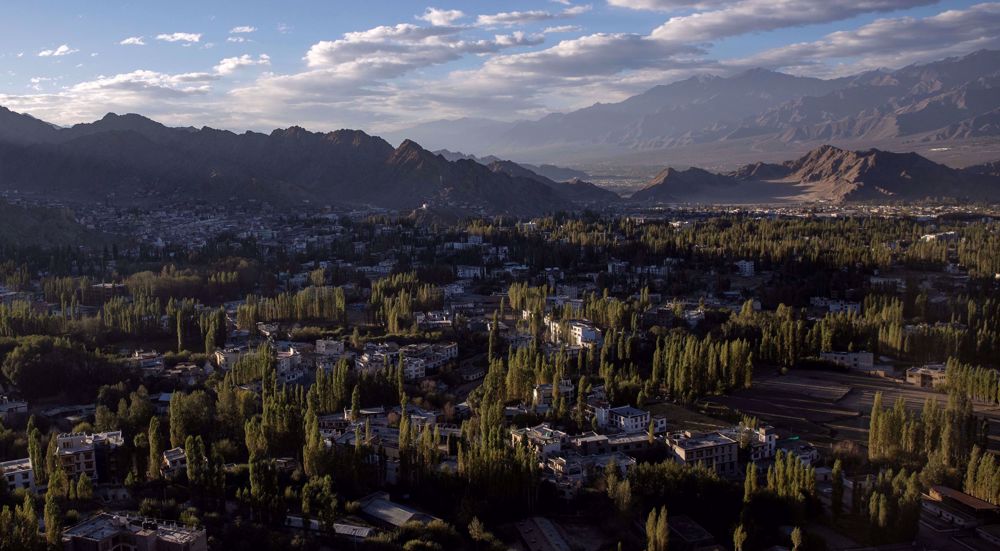

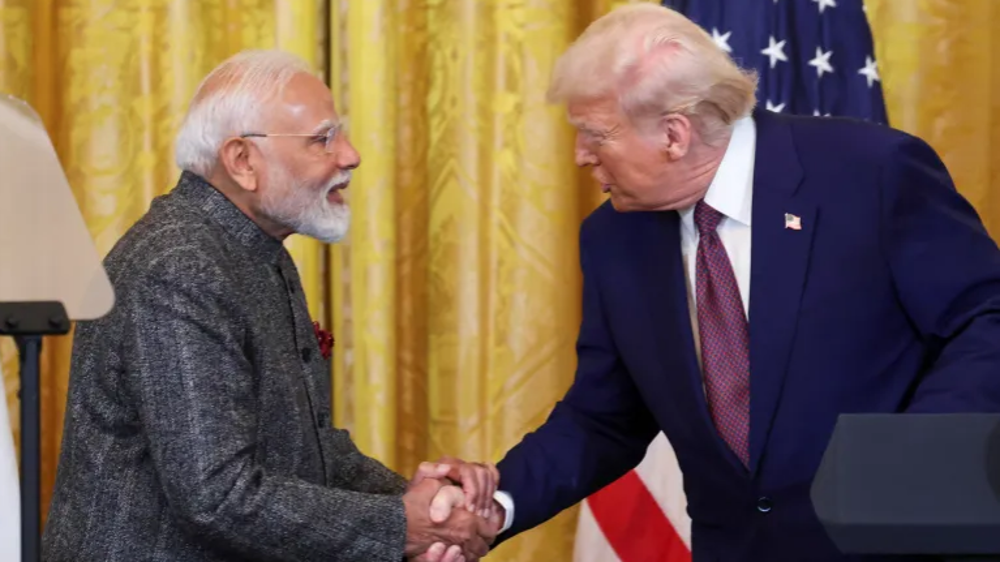
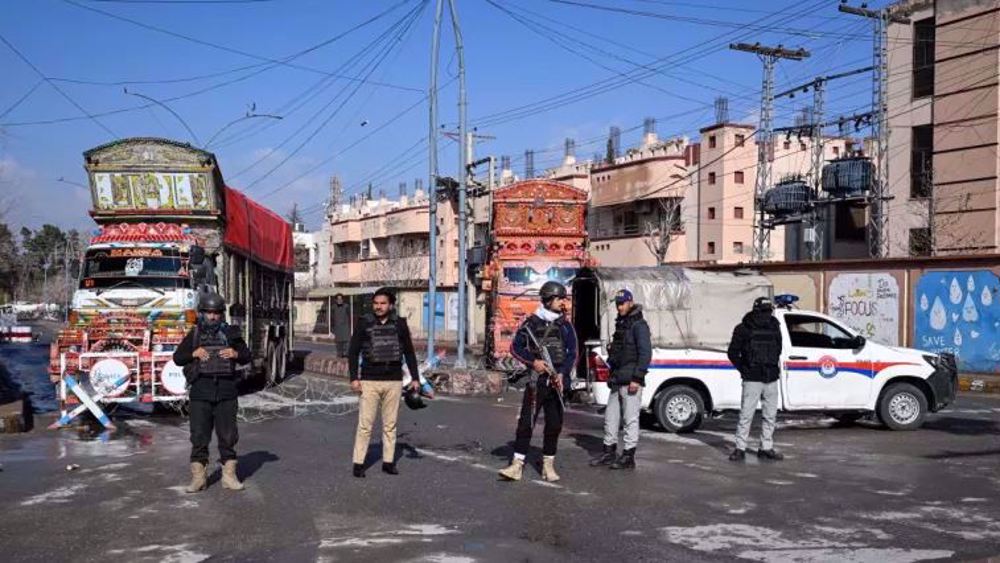
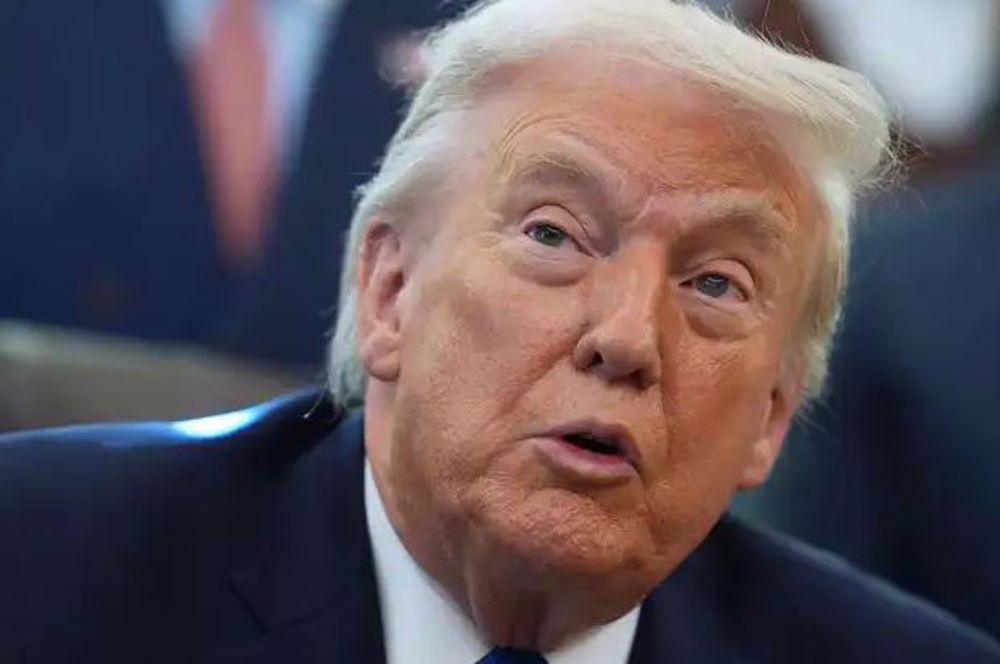



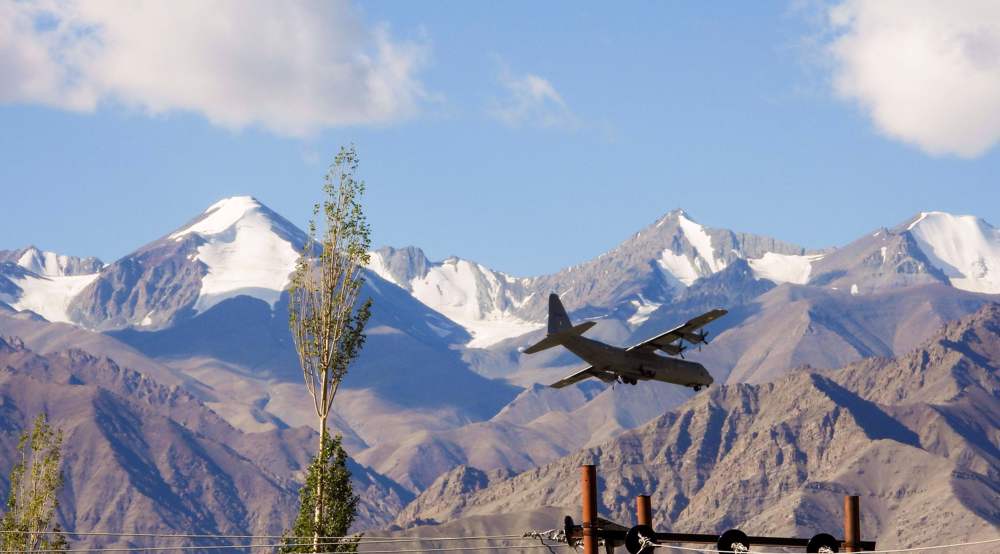


 This makes it easy to access the Press TV website
This makes it easy to access the Press TV website